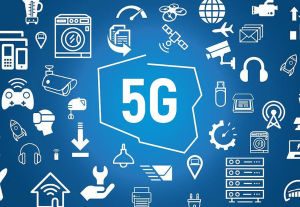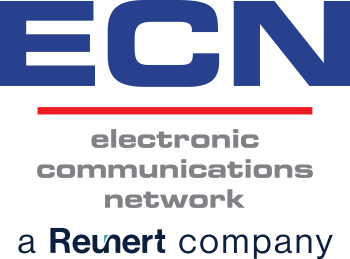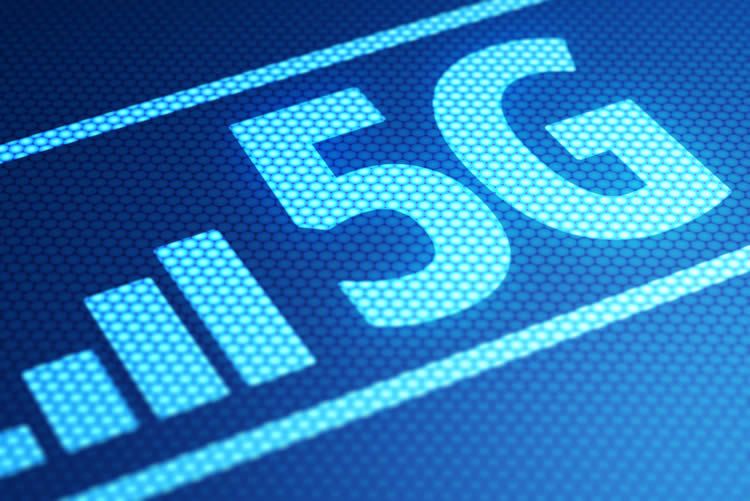When it comes to internet connectivity for business, we are really entering a golden age of communication options with increased competition pushing down prices while enhanced speeds and reliability allow for the Internet of Things (IoT).
5G and fibre optic
Leading the way in the provision of uninterrupted connectivity are the 5G mobile network and the rollout of fibre optic cables countrywide. Here is a look at these two options.
What is 5G?
This is the 5th generation of mobile networks which will be a step up from our existing 4G LTE networks. The design of the mobile network focuses on meeting the massive growth in data and connectivity, paving the way for IoT and future innovations. At first, 5G will operate alongside the existing 4G networks before fully established.

What are the benefits of 5G?
This innovative mobile technology comes with many associated communication benefits which South African consumers can look forward to. Some of these are:
1. 5G is consistently fast
The speed of the 5G network will exceed that of the current fixed broadband with speeds of around 80Mbps. The rollout of the necessary 5G infrastructure countrywide will facilitate higher speeds for more people.
2. 5G has more bandwidth
Bandwidth is effectively the amount of space for people using data to download files, stream videos or just surf the web. The lower the bandwidth, the slower the internet, but with 5G technology, consumers won’t have to deal with slow-loading pages and constant buffering.
3. 5G is cost-effective
When it comes to data in South Africa, cost is one of the biggest concerns. While this is being addressed at a national level, the lower cost of 5G will undoubtedly be a welcome relief to consumers. There are no costs related to cabling, it’s just a case of ‘plug and play’.
Read More: Get your Business Ready for 5G

What is fibre?
Fibre is effectively replacing the traditional copper cables – or telephone lines – that have been used to transmit data. The fibre cable is an incredibly thin glass or plastic which transmits information coded within a beam of light. It was originally developed in the 1950s for the medical community in the form of endoscopes, but the following decade engineers discovered they could use the same technology to transmit telephone calls.
Benefits of fibre?
For South Africans living in urban areas, fibre for business is already a very welcome reality as there are so many benefits associated with this new technology. These include:
1. Greater bandwidth
As with the 5G mobile technology, one of the biggest benefits of business fibre is the increased bandwidth allowing for the transmission of more data quickly.
2. Enhanced speeds
The increased bandwidth of fibre and ability of cables to transmit information via light means that fibre is significantly faster than previous copper cables.
3. More reliability
Fibre optic cables aren’t impacted by temperature changes, extreme weather or moisture which means there is limited interruption in the transmission of data. Because fibre doesn’t carry electric currents, it’s not susceptible to electromagnetic interference either.
4. Scalability
Fibre cables can be easily increased or reduced depending on an organisation’s need. It’s also able to incorporate fibre into existing networks, integrating equipment to meet various needs.
Fibre or 5G
Both communication networks come with a host of associated benefits but there is a misconception that 5G technology will replace fibre. The reality is that 5G wireless networks and fibre optic networks will actually complement each other, both offering a cohesive internet experience.
Read More: The impact of 5G on fibre requirements

